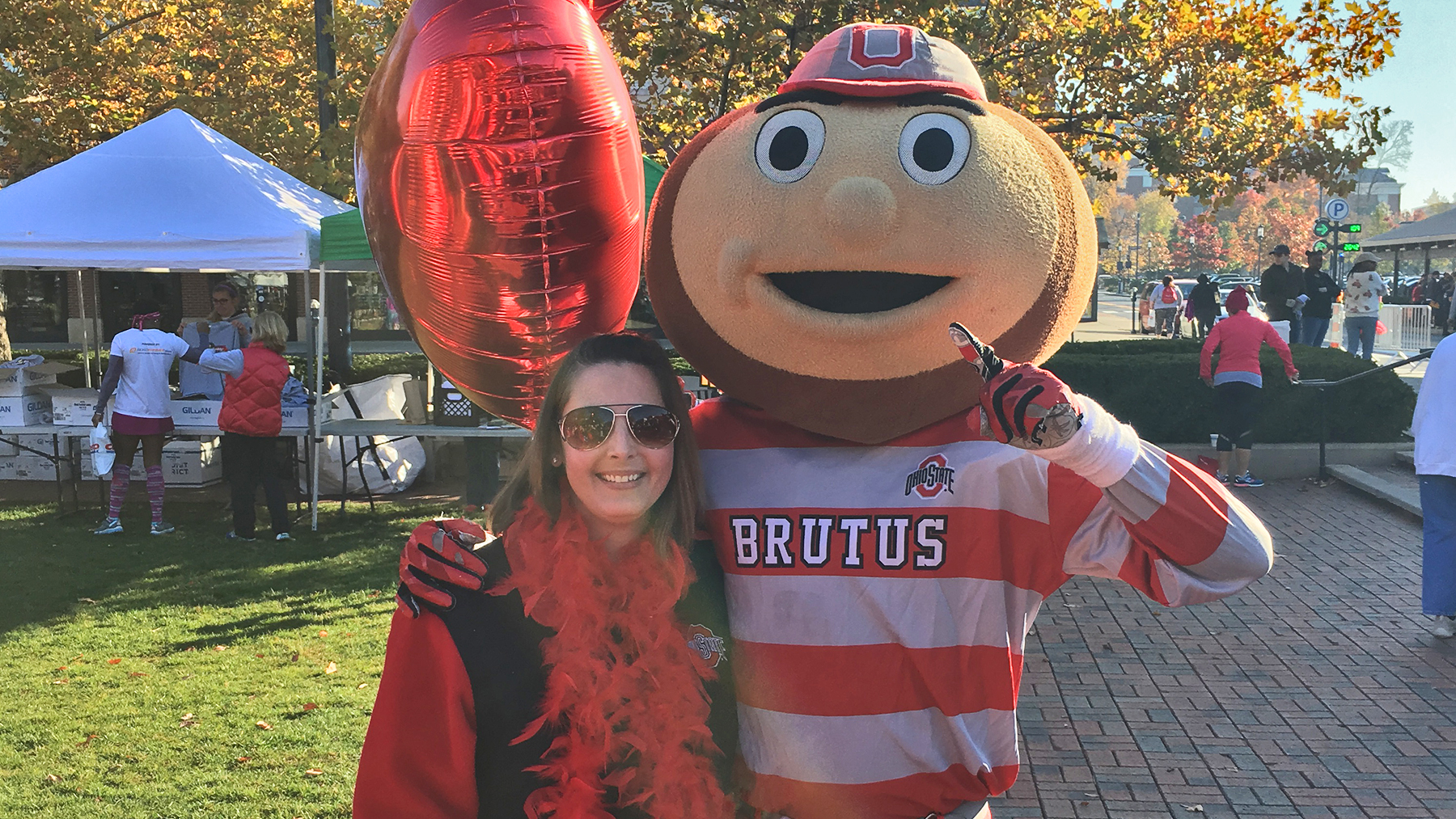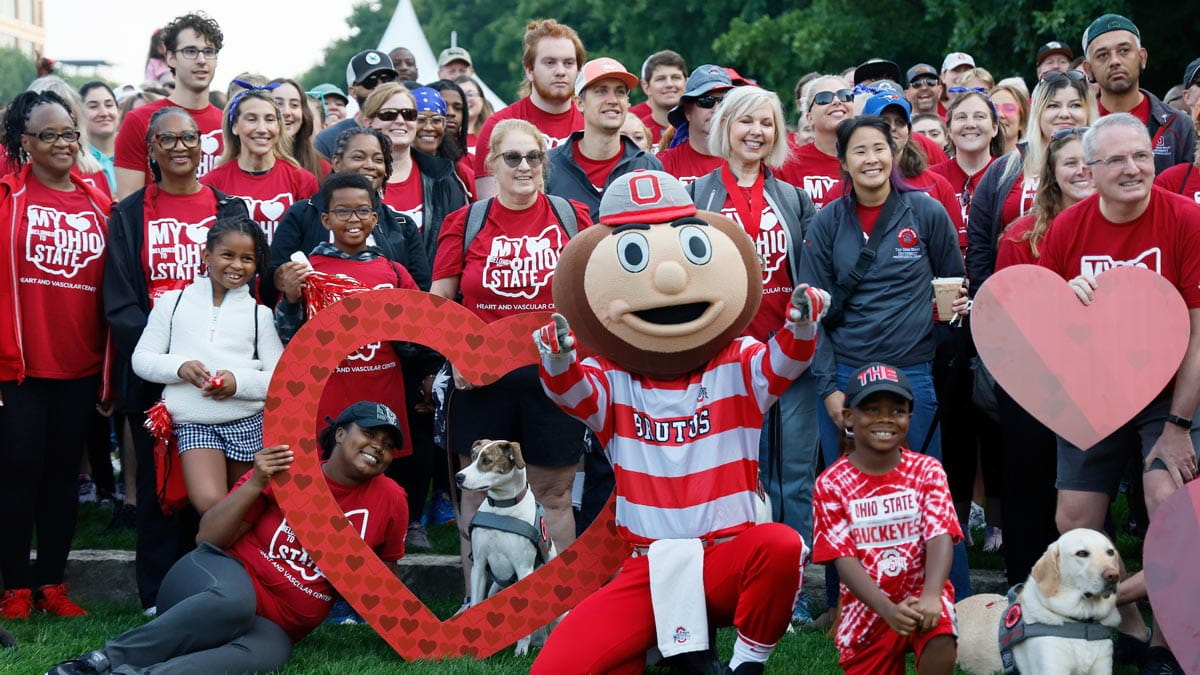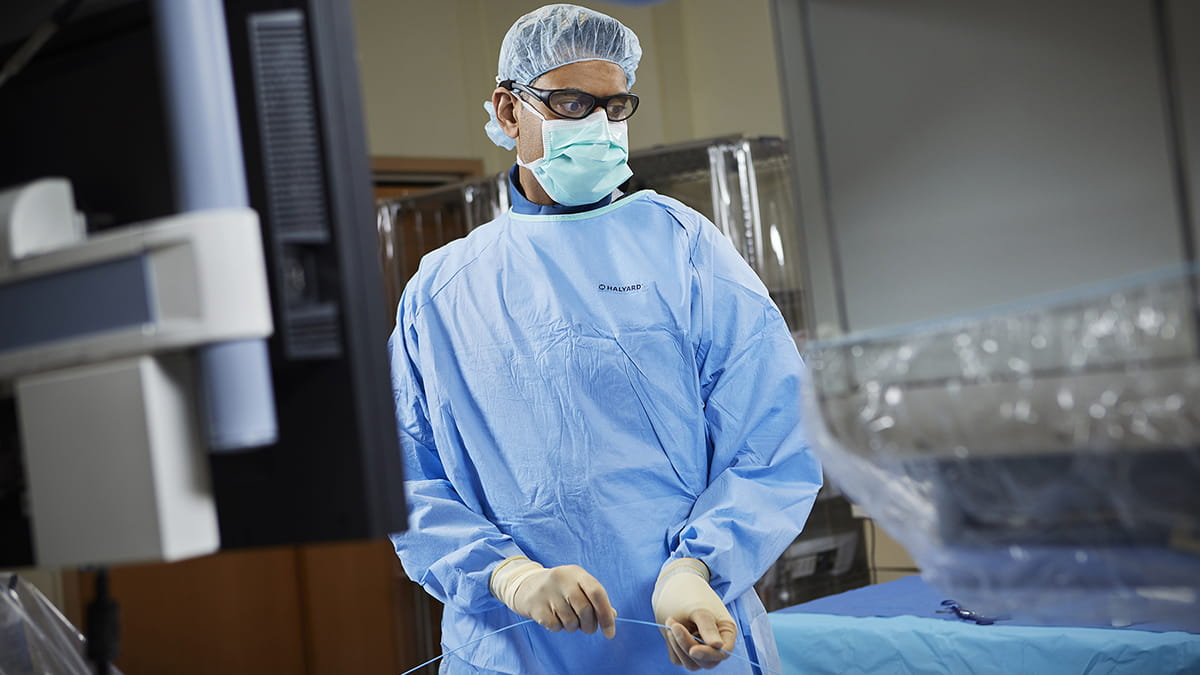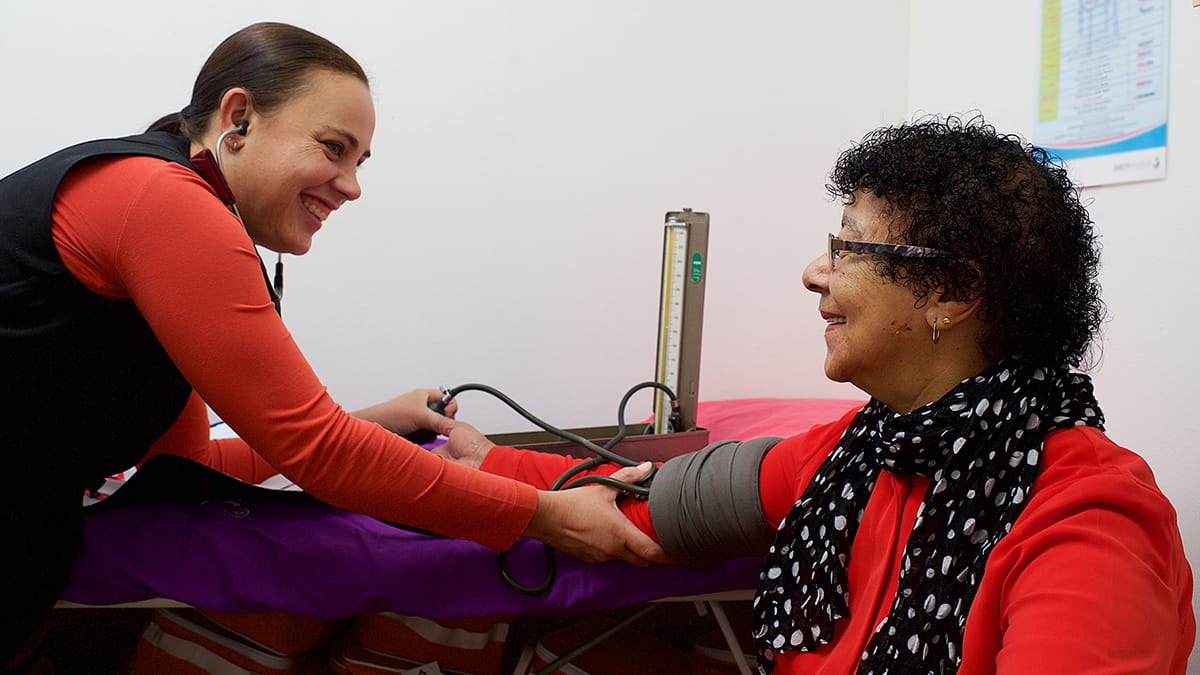Family tries to end early cardiac deaths with genetic testing
 The genetic test confirmed what Christal Shiller’s family had long suspected.
The genetic test confirmed what Christal Shiller’s family had long suspected.
A gene mutation that causes heart malfunction has been passed down from generation to generation. Christal’s mother died at age 31 and her aunt at 41.
Before the genetic test, Christal was diagnosed with a rare heart muscle disease called restrictive cardiomyopathy, which prevents the chambers from filling properly with blood. The condition can result in heart failure.
After years of heart-related problems, the 40-year-old was one of 26 patients who had a heart transplant in 2016 at The Ohio State University Wexner Medical Center Richard M. Ross Heart Hospital.
What’s causing these early deaths?
Christal was determined to find out what medical condition was going through the family tree. Her daughter's cardiologist had a recommendation for Christal: Get genetic testing through the Cardiovascular Genetic and Genomic Medicine Program at Ohio State Wexner Medical Center.
"The reason I did this was for my daughter," the Columbus-area resident says. "If you identify the gene, then you know for sure what’s causing it."
“If the problem is being passed down and my daughter has it, there may be something we can do to help her down the road.”
Based on the family’s medical background, her cardiovascular genetics team suspected a mutation in genes known to cause both the heart muscle disease that Christal has and a different type of heart muscle disease that her mother had.
Their suspicions were right. Testing of Christal’s blood indicated she had an alteration in a gene that shows up with both kinds of heart muscle disease.
Benefits of knowing what’s wrong
The confirmation was helpful – doctors now could screen and treat family members better.
“We’re glad we found the variant in this family because healthy people at risk like Christal’s daughter can be tested and closely watched,” says Ana Morales, a genetic counselor at Ohio State Ross Heart Hospital.
“If we find that someone has a mutation, then we can be more proactive with family members. Care can be adjusted.”
For example, Morales says some people do not show any symptoms for the heart muscle problem that Christal’s mother had, which causes the walls of one heart chamber to thicken and restrict blood flow.
Morales says that if a healthy family member is found to carry the mutation, that person should be screened more often, and doctors might consider medical intervention even if symptoms aren't present.
“We recommend close follow-up, because if you can pick up on those early heart abnormalities, medication can be added or the management approach can be changed so that complications like heart failure or sudden death are avoided,” she says.
Better informed for the future
Christal and her husband are weighing when to have their young daughter tested. There is a 50-percent chance of Christal passing the condition to her daughter.
Even if her daughter tests positive for the gene mutation, she may never develop her mother’s heart condition, which started causing noticeable symptoms when Christal was 14 and couldn’t keep up with other kids running.
“It’s hard to decide the right time for testing because if she tests positive and you know that, is that going to affect her childhood in terms of saying ‘No, you can’t play that sport because it’s too strenuous?’” Christal says.
Life today is good for Christal. Over the years, she had a handful of procedures to try to correct her irregular heartbeat, including a pacemaker. Walking across her living room used to be a challenge.
Three months after her heart transplant (Ohio State’s 451st!), she walked a mile in the One Lucky Buckeye walk/run that raises awareness of women’s heart health. She has lots of energy, is back to work and enjoys walking and biking with her family.
“When we have the genetic testing done on our daughter, it will be great for us to know the future of our daughter,” she says.
“Working with Ohio State has been really great from all aspects of the transplant and the genetic testing. I’ve been a patient of OSU for a very long time, and it’s nice to have a top competing hospital here in Columbus.”




